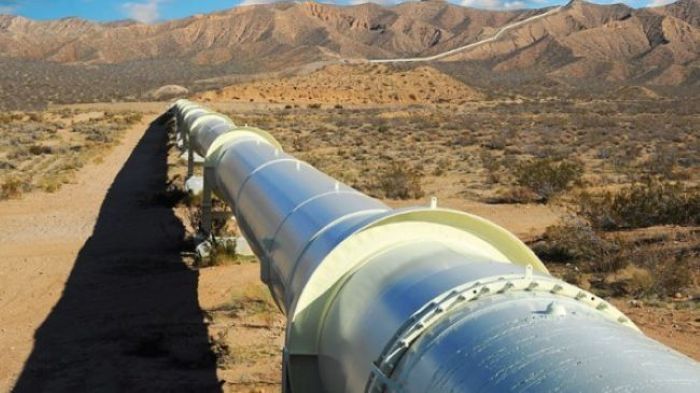(3 Minutes Read)
The strategic significance of the Trans-Saharan Gas Pipeline (TSGP) project is well established. Following discussions among the Energy Ministers from Algeria, Niger, and Nigeria, as well as the African Energy Chamber and the Gas Exporting Countries Forum (GECF), the British firm Penspen, which is tasked with updating the TSGP feasibility study, has also highlighted the project. Penspen describes it as “historic” with a substantial socio-economic impact on the involved nations.
Emphasising the project’s strategic importance, Penspen aims to enhance the economies of transit countries, reshape the African energy sector, promote regional economic integration, and improve global energy security. Arun Behl, Penspen’s Marketing Director, states the firm’s commitment to developing large-scale energy infrastructure that fosters economic growth and regional stability. This aligns with the aspirations of Algeria, Niger, and Nigeria to expedite the project’s implementation, as discussed in a recent meeting in Algiers.
Having conducted an initial feasibility study in 2006, Penspen has now secured a USD 100 million contract to update this assessment, factoring in developments, especially in Algeria and Nigeria. The TSGP is already over 60% complete, with 2,400 km of the planned 4,200 km of pipelines installed. The updated study will address the remaining 1,800 km across the territories of Algeria, Niger, and Nigeria. The pipeline is projected to transport up to 30 billion m³ of natural gas annually, strengthening the region’s position in the international energy market, particularly in Europe, while fostering regional collaboration.
Read Also;
Fast-tracking this project is expected to enable Africa to assume a significant role in the global energy transition, with natural gas as a crucial component. Stakeholders are eager to see this initiative realized swiftly, aiming for regional integration and sustainable economic development.





